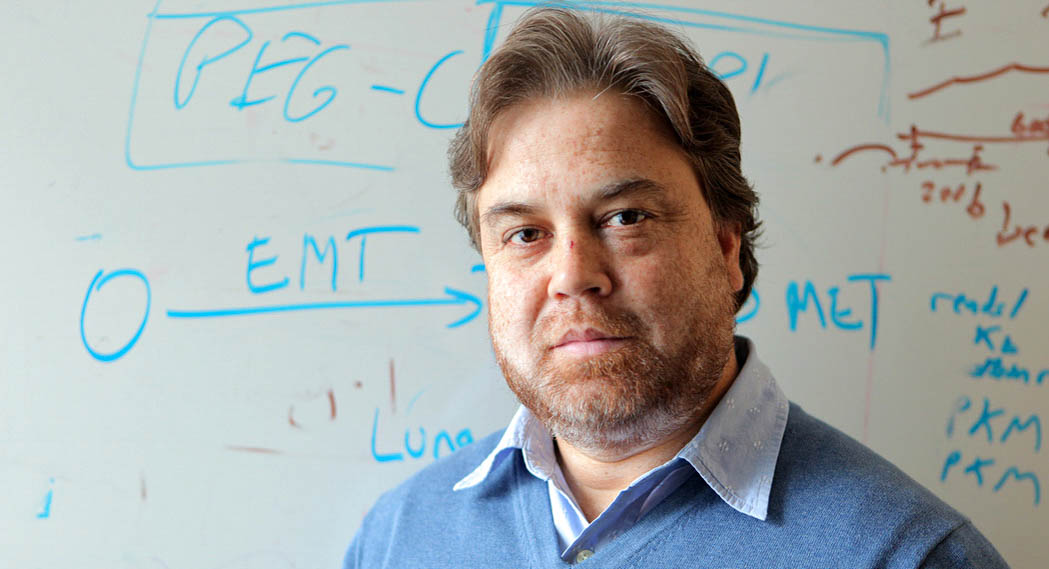
The Neuberger Berman Foundation Lung Cancer Center of Weill Cornell Medicine was established in 2005 by the approval of the Board of Overseers with the full endorsement of the Dean of the Medical College. The Board of Overseers simultaneously approved the Dean's nomination of Nasser Altorki M.D., Chief of Thoracic Surgery, as the Center Director. The creation of the Center was made possible by a multi-year philanthropic gift from the Neuberger Berman Foundation and a commitment from the Medical College to renovate and refurbish an appropriate laboratory space for the purpose of conducting translational research in lung cancer and other chest malignancies. Upon completion of the laboratory space, the Center was officially inaugurated in late 2008. Immediately following, Vivek Mittal, Ph.D. was successfully recruited from Cold Spring Harbor Laboratories to serve as Director of the Laboratory. Contemporaneously, the clinical outcomes unit of the Division of Thoracic Surgery was expanded and incorporated into the Center structure to provide the necessary link between clinical and laboratory-based research efforts.
The core mission of the center, as articulated by its Director, is the creation of a hub of translational research with a major emphasis on lung cancer that provides a platform for vibrant and sustained intellectual interactions between basic and clinical scientists. This ongoing interaction between basic and clinical scientists will help inform and formulate research questions of high translational impact that will address the challenges facing patients and their treating physicians; this collaboration will be the factual embodiment of the bedside-to-bench concept. The Center will also dedicate its efforts to the educational mission of training graduate students, post-doctoral fellows and surgeons in-training. By providing a common training environment for basic and clinical trainees, the Center will foster a genuine and durable interest in translational science for future generations of scientists.
The Center will leverage its efforts by fostering trans-departmental and trans-institutional collaborations. Today, the Center has active and successful collaborations with four departments within the Medical College (Biochemistry, Medicine, Pathology and Public Health) and seven other institutions (Cornell University-Ithaca, Weill Cornell-Qatar, Children's Hospital Harvard Medical School, Boston, Cold Spring Harbor Laboratories, New York, The Wister Institute-Philadelphia, Memorial Sloan Kettering- New York and the Methodist Hospital Research Institute-Houston, Griffith University, Australia).